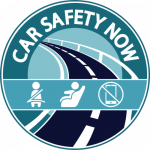FAQs and Resources
Please Note: Content on this page is for external resources. For Car Safety Now program materials please visit our “For Professionals” page.
Frequently Asked Questions
Children’s bodies are still developing so they are more vulnerable in crashes. Adults have bones that are fully formed and full strength, so they do not need a booster seat. For more information:
Larger children still need to pass the seat belt fit test. There are several booster seats available to accommodate higher weights, even up to 125 pounds. For more information:
The law is based on the minimum in order to be enforceable. The law is not meant to be a recommendation for what is safe, as children are all different shapes and sizes. For more information:
The big yellow school buses are actually very safe—safer than our cars. They are designed to be strong, large, and visible, and use a passive restraint system called compartmentalization. For more information:
Yes, when used correctly, a backless booster is just as safe as one with a back—with a few exceptions. If you have low vehicle seat backs, or if you have a young child who falls asleep or otherwise won’t stay in position, you’d want a booster seat with a back. Boosters with side-impact protection wings built into the backs bring added protection. For more information:
How can I get free and reduced price seats?
There are a variety of resources for free and reduced price seats for those who cannot afford one. Click here for a list of resources:
https://csftl.org/resources-for-free-and-reduced-price-seats/
Child Passenger Safety Information
for Children of All Ages
Virginia Department of Health: Buckle Up, Virginia!
Occupant protection information and resources for Virginia residents
Safe Kids Worldwide - Ultimate Car Seat Guide
Practical tips to keep kids safe in cars
Virginia Department of Health: Safety Seat Distribution Program
Information on how to qualify for a free car seat in Virginia
National Highway Traffic Safety Administration (NHTSA)
Road safety information for parents and caregivers
American Academy of Pediatrics — Car Safety Seats: Product Listing
Helpful parent guide for securing children of all ages; includes information on travel vests
American Academy of Pediatrics—On the Go
Installation help for parents
Safe Kids – In and Around Cars
Useful resources for protecting children in and around cars
Virginia Department of Motor Vehicles — Highway Safety
General traffic safety information and resources for Virginia residents
Children’s Hospital of the King’s Daughters — Child Safety Seat Information
Child passenger safety information
Safe Kids USA – Car Seats, Boosters and Seat Belt Safety
Useful resources for parents about professionals about car safety
Resources By Age Group
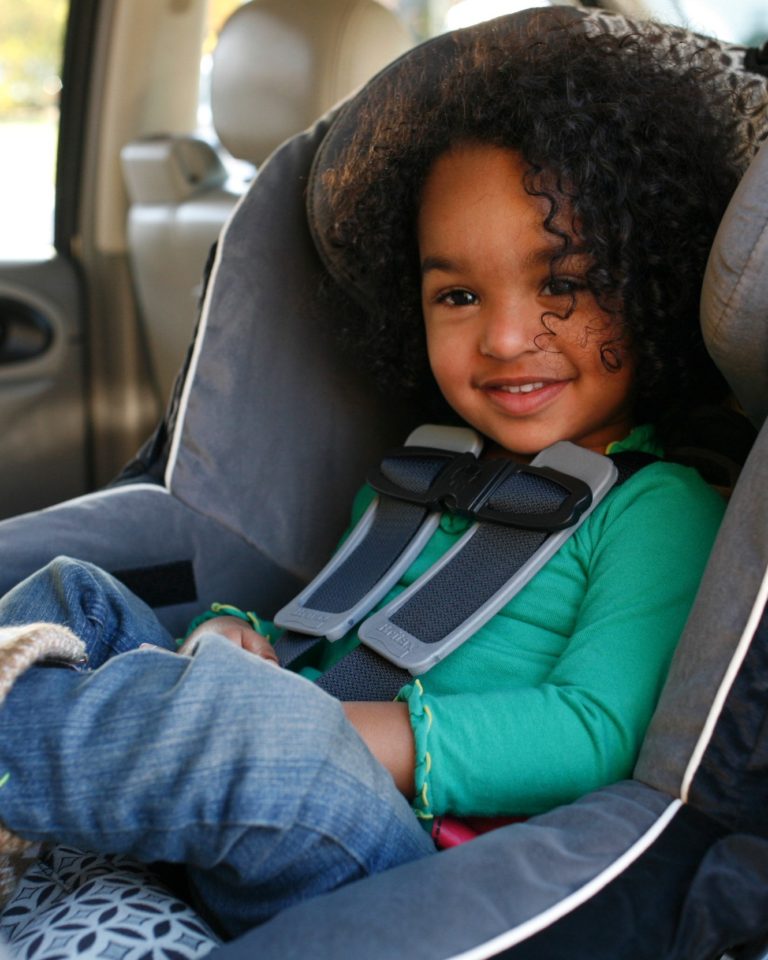
The Center for Injury Research and Prevention at the Children’s Hospital of Philadelphia — Car Seats for your infant
Guidance, pictures, and videos for safe travel with infants
https://www.chop.edu/centers-programs/car-seat-safety-kids/car-seat-safety-by-age/newborn-2-years
Safe Kids Worldwide — Child Passenger Safety: Infants
Information for parents traveling with infants
https://www.safekids.org/safetytips/
field_age/babies-0–12-months/field_risks/car-seat
Virginia Department of Health: Installation Videos for Infants
Video demonstrating installation of a rear-facing infant seat: https://youtu.be/Itp8FdUjLgw Video demonstrating installation of a rear-facing convertible seat: https://youtu.be/7pfgJCFK2ks
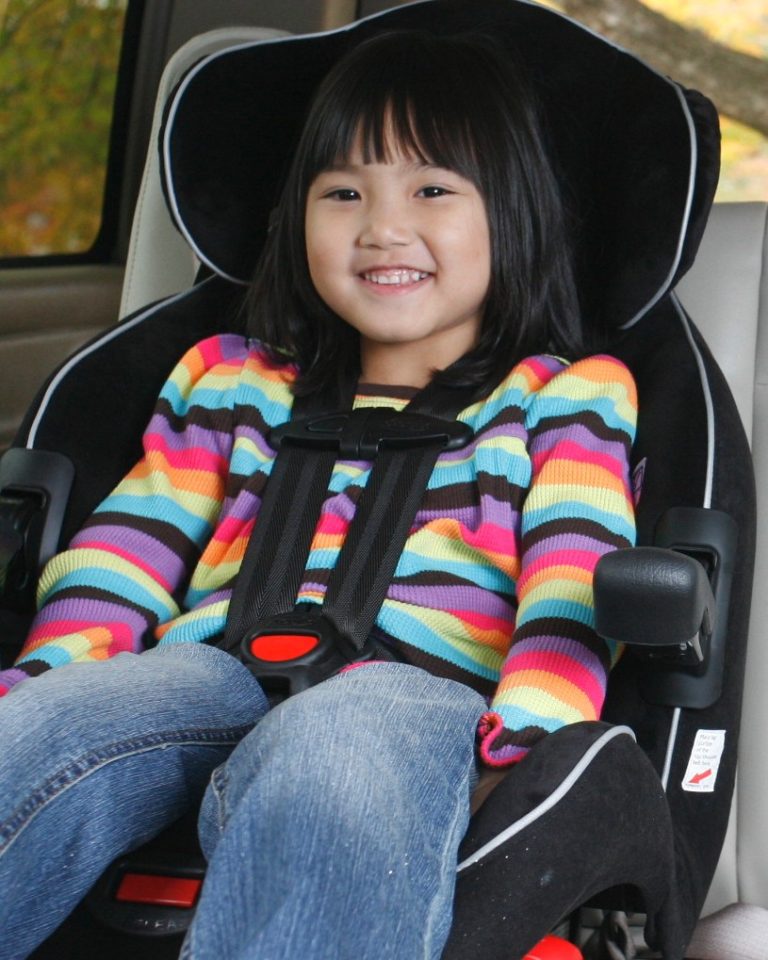
Guidance, pictures, and videos for safe travel with toddlers:
https://www.chop.edu/centers-programs/car-seat-safety-kids/car-seat-safety-by-age/toddlers
Safe Kids Worldwide— Child Passenger Safety: Toddlers
Helpful information for traveling with toddlers
https://www.safekids.org/safetytips/ field_age/little-kids-1–4-years/field_risks/car-seat
Virginia Department of Health: Installation Videos for Toddlers
Video demonstrating installation of a forward-facing child seat
https://youtu.be/UX7BEL1ZII0
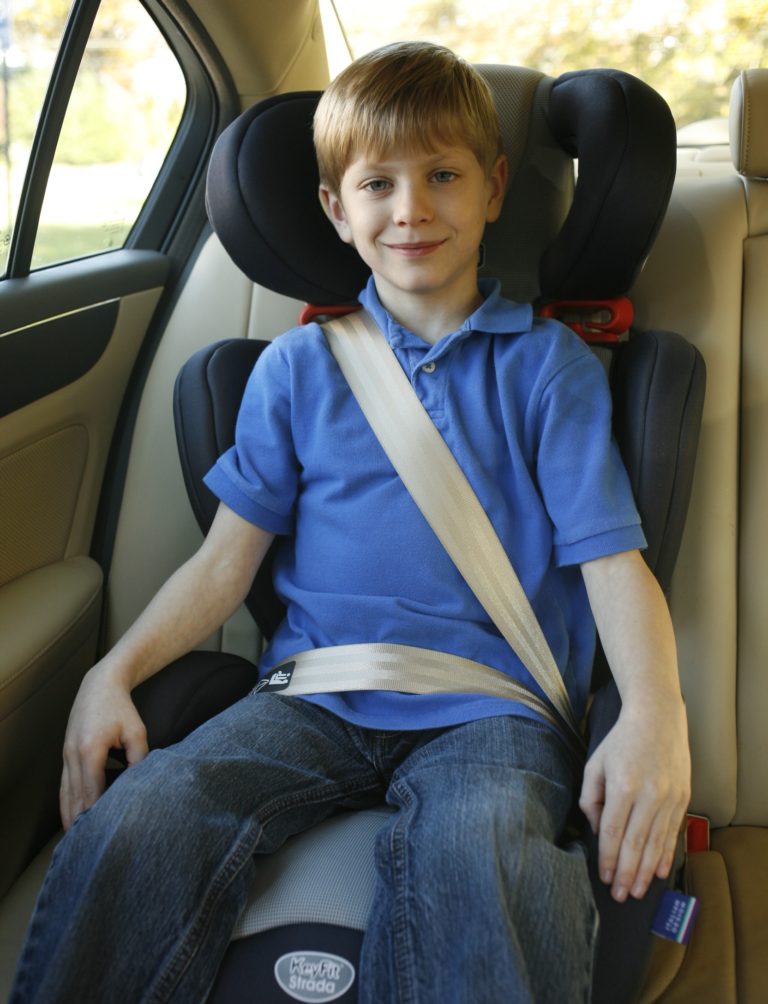
The Center for Injury Research and Prevention at the Children’s Hospital of Philadelphia – Car and Booster Seats for Your 4- to 8-year-old
Guidance, pictures, and videos for safe travel with booster age children
Safe Kids Worldwide— Child Passenger Safety: Boosters
Helpful information for traveling with booster age children
https://www.safekids.org/safetytips/
field_age/big-kids-5–9-years/field_risks/booster-seat
Car Seats for the Littles — Boosters are for (very) big kids
An article providing guidance for booster seat use
https://csftl.org/boosters-are-for-very-big-kids/
Virginia Department of Health: Video for Using Booster Seats
Video demonstrating proper use of booster seats
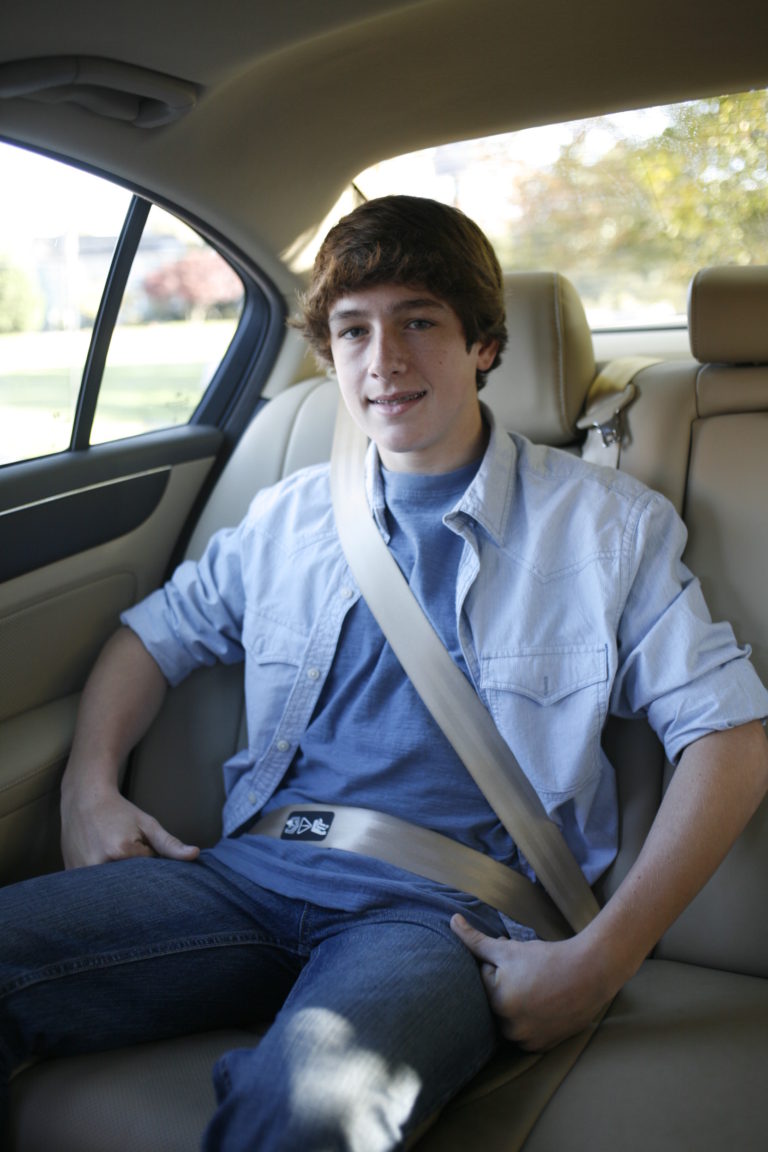
The Center for Injury Research and Prevention at the Children’s Hospital in Philadelphia — Car Safety for Older Children, Teens and Young Drivers
Guidance, pictures, and videos for safe travel with older children
http://www.chop.edu/centers-programs/car-seat-safety-kids/car-seat-safety-by-age/older-children
Safe Kids Worldwide: Child Passenger Safety: Safety Belts
Helpful information for traveling with children of safety belt age
https://www.safekids.org/safetytips/
field_age/pre-teens-10-14/field_risks/and-around-cars
Safe Kids Worldwide: Safety Belt Fit Test
Downloadable flyer
https://www.safekids.org/sites/
default/files/documents/seat_belt_
safety_tips_2016_0.pdf
Virginia Department of Health: Video for Using Safety Belts
Video demonstrating safe travel with older children
https://www.youtube.com/watch?v=Qstkr8UFWPo
Center for Injury Research & Prevention – Teen Driver Resources
Teen Driving Safety Resources
https://injury.research.chop.edu/teen
-driving-safety-resources
Teen Driver Resources
Tips and resources for teens learning to drive and their parents
https://www.ace.aaa.com/
automotive/driver-education/teen-programs.html
Automotive Safety Program: National Center for the Safe Transportation of Children with Special Health Care Needs
Site devoted to providing information, resources, and additional help for safely transporting children with a variety of health conditions
https://preventinjury.pediatrics.
iu.edu/special-needs/
American Academy of Pediatrics: Transporting Children with Special Needs
Parent guidance for transporting children with special needs
https://pediatrics.aappublications
.org/content/104/4/988.full
Children’s Hospital of the King’s Daughters
Special Needs Car Seat Loaner Program
